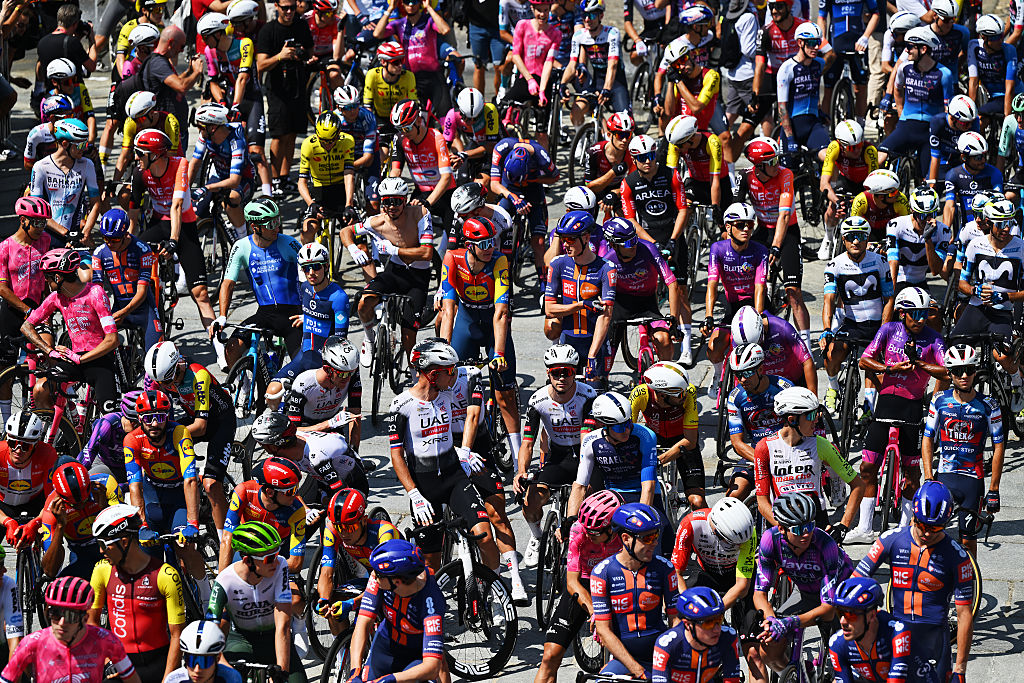
"A finisher of 10 editions of the Spanish Grand Tour, De Gendt knows a little something about what makes the Vuelta unique - in good ways and bad. Winner of one stage and the King of the Mountains jersey in Spain during his career, this time of year represents lots of positive memories for De Gendt, but as you'll find out, there are lots of downsides to the late-summer Grand Tour, too."
"Assuming you're not ill or injured, the biggest challenge of the Vuelta is motivating yourself to stay through it all when things aren't going so well. I consider it a great honour to finish a Grand Tour because it's not easy to stay healthy and motivated for three weeks and you'll always have a day that you don't feel like racing. But if it was always a battle to get through to the final day of any Grand Tour,"
The Vuelta a España offers serious racing in a calmer environment than the Tour de France and is generally better organised than the Giro d'Italia. Late stage starts allow riders and staff extra morning rest, which benefits families and recovery. Warm late-summer weather predominates, with occasional cold descents from high-altitude finishes. Completing the three-week Grand Tour requires sustained health, motivation, and resilience; finishing is regarded as an honour due to physical and mental demands. Riders can expect rewarding memories alongside logistical and motivational downsides inherent to a late-summer Grand Tour.
Read at Cyclingnews
Unable to calculate read time
Collection
[
|
...
]